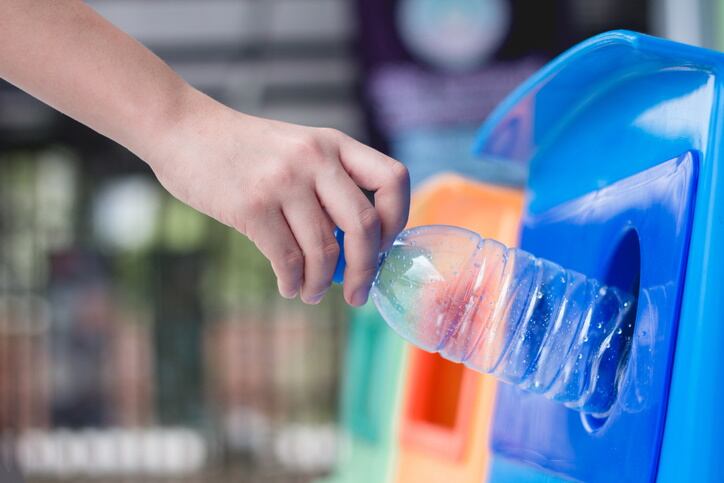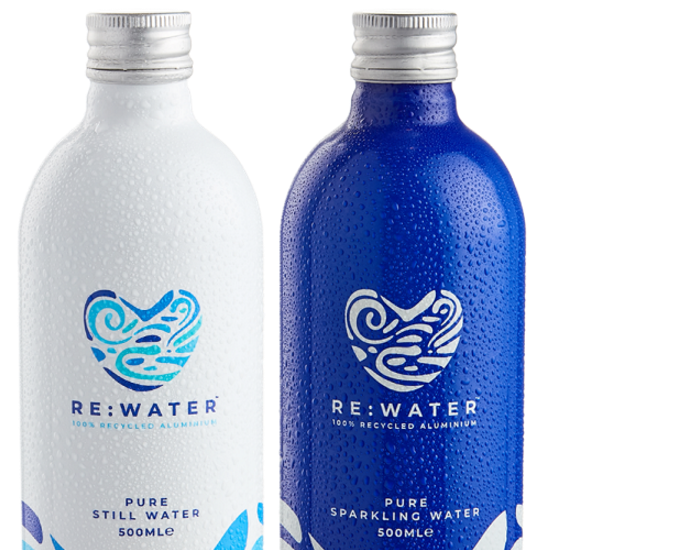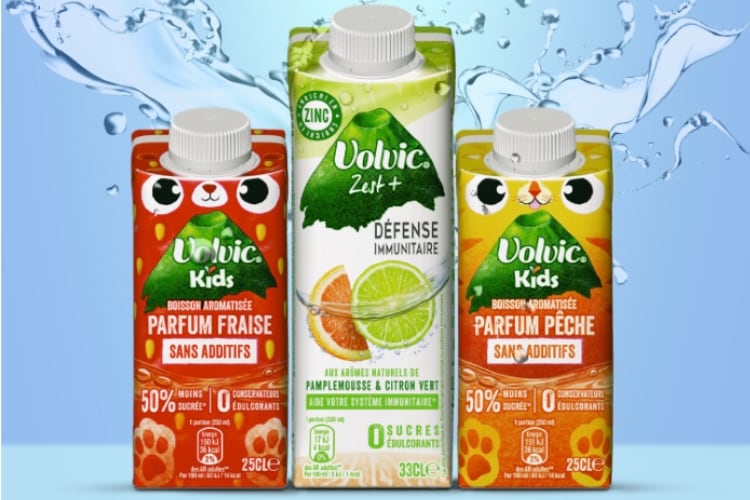Yet by working in partnership, the consumer goods industry can make a profound positive difference. At The Consumer Goods Forum (CGF), we know that business collaboration is an essential part of the answer. We may be competitors in business, but together we are making the case for change, using our influential reach to create changes for people, business and planet.
The 41 members of our Plastic Waste Coalition of Action – representing more than 10 percent of the global plastic packaging market – are striving to deliver the solutions that industry can provide. There’s no doubt that plastic plays an important role ensuring that consumers have access to the things they need in a safe and convenient way. But our relationship with plastic needs to change – and fast. As companies that design, package, and sell products, we must be a significant part of the solution.
At the heart of this is the need to move to a circular economy for plastics; where plastic never becomes waste or pollution, but is used again and again, in many forms, releasing all its economic value whilst reducing carbon emissions. Achieving a circular economy for plastics requires committed work to eliminate all problematic and unnecessary plastic items. It means innovating to ensure the plastics we do need are reusable, recyclable, or compostable. And it means keeping all the plastic items we use in the economy and out of the environment.
Our series of Golden Design Rules for optimal plastic design, production and recycling have attracted support across the consumer goods sector. We believe these rules will provide a template to ensure that packaging design follows the principles of the circular economy. For example, by switching from coloured to transparent PET bottles and removing problematic elements from packaging, we can take meaningful steps to using plastic in the best way possible. While we have achieved much, we know there is a lot more to be done. We are working hard to soon announce additional Golden Design Rules to accelerate action across the industry – which will focus on eliminating unnecessary plastic packaging, as well as increasing recycling value in various types of plastic.
As a network, we advocate for Extended Producer Responsibility (EPR) programmes to advance the circular economy. Together we are working to help ensure that EPR programmes are designed to be fair, well run and effective. We know that well-designed EPR programmes are an important part of addressing plastic pollution, increasing recycling, and ensuring better-funded systems. With an aligned industry position on optimal EPR, members of our Plastic Waste Coalition offer constructive contributions and recommendations when programmes are being developed.
We champion the use of recycled plastics in a wider range of products, and support investment in systems that encourage effective re-use and recycling. We also promote research and development to find sustainable alternative raw materials to reduce our dependency on plastics. We want to end the export of plastic waste from country to country, which requires a commitment to investment in local systems and facilities, across the world. By building collection, sorting and recycling capacity on a country-by-country basis, we can make exports of plastic waste a thing of the past.
The consumer goods industry, like everyone, must continually strive to go further to take up the climate challenge – and addressing the plastics problem is a vital part of this. Collaboration is key, and we are sharing thinking, time and resources to drive change. CGF provides a way for businesses to work together to be ahead of the curve. We know we cannot wait for legislation to impose requirements, and it cannot simply be a tokenistic exercise in compliance.
The health of the planet and people is the major issue of the 21st century – and with momentum building around COP26, this is a critical year for climate action. The circular economy needs to be high on the agenda for everyone – with plastics a key component. Together we can ensure that the way we make, consume and dispose of plastic enables us to help preserve our planet.



